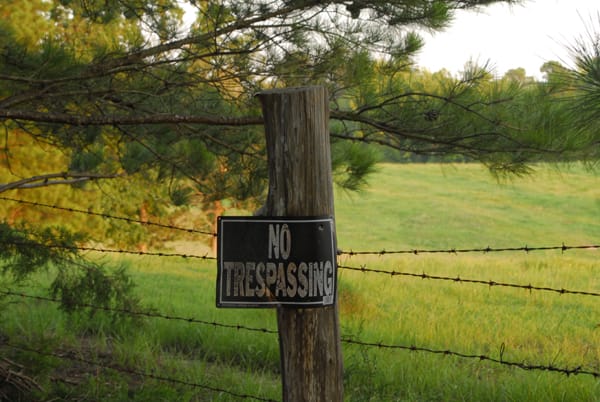Pennsylvania Supreme Court Weighs Hunting Clubs’ Challenge to Warrantless Searches
Background
The Pennsylvania Supreme Court is currently evaluating a significant legal dispute concerning the practice of warrantless searches conducted by game wardens on private land. This case has critical implications for property rights and the authority of government agencies in enforcing wildlife regulations.
Two hunting clubs from Clearfield County, namely the Punxsutawney Hunting Club and the Pitch Pine Hunting Club, have initiated legal action against the Pennsylvania Game Commission. The clubs allege that game wardens systematically trespassed on their secured lands—signed, gated properties—repeatedly entering without authorization over a span of eight years.
Claims of Invasion
Frank Stockdale, president of one of the involved clubs, articulated the group’s sentiments, stating, “We feel like we’re invaded,” referencing their observations of game wardens navigating their private property—an area they believed was protected from undue government scrutiny.
The hunting clubs argue that these actions contravene Article 1, Section 8 of the Pennsylvania Constitution, which safeguards citizens’ rights to privacy in their “persons, houses, papers, and possessions.” Their attorney, Joshua Windham, contends that this constitutional protection extends to private land, prompting the request to overturn a prior ruling from 2007 that endorsed warrantless searches under the Open Fields Doctrine.
The Open Fields Doctrine
The Open Fields Doctrine, stemming from a 1924 U.S. Supreme Court ruling, maintains that the Fourth Amendment’s protections do not extend to open properties in the same manner they do to homes. This doctrine has permitted game wardens to enter private lands under the premise that such areas are not afforded the same privacy expectations, although the public still cannot trespass on these spaces.
Windham argues that the doctrine is outdated and calls for a reassessment of its constitutionality. In his view, the hunting clubs’ members sought refuge in nature—not to be surveilled by government agents.
State’s Defense
In defense of its practices, the state, represented by Deputy Attorney General Anthony Kovalchick, emphasizes the significance of the Open Fields Doctrine in protecting wildlife across predominantly private lands in Pennsylvania. Kovalchick asserted, “They’re asking this court to jettison a century of precedent,” advocating for the necessity of warrantless searches to enforce hunting regulations effectively.
Moreover, he justified the use of surveillance tools, such as trail cameras, as essential for addressing issues like illegal wildlife feeding, which do not necessitate a warrant according to existing law.
Court Proceedings and Reactions
During the proceedings, some justices, including Justice David Wecht and Justice Kevin Brobson, raised concerns regarding privacy expectations on private properties. They questioned the extent to which property owners can anticipate privacy and whether activities typically conducted in private settings, such as leisure time in a swimming pool, deserve similar protections outdoors.
Justice Wecht remarked, “If a person builds a walled swimming pool in the middle of 1,100 acres and goes skinny-dipping, are you saying the Game Commission could put up a camera without any legal challenge?”
Implications of the Case
The court has yet to deliver its ruling, but a decision in favor of the hunting clubs could fundamentally alter the legal landscape by requiring game wardens to secure warrants before accessing private properties. This change could set a significant precedent, aligning wildlife enforcement with the standards required of other law enforcement entities.
Windham expressed hope for a favorable ruling, referencing a recent Tennessee Supreme Court decision which deemed similar warrantless searches unconstitutional. “If we win here,” he stated, “it sends a message that private land is not a free-for-all zone for government intrusion.”

